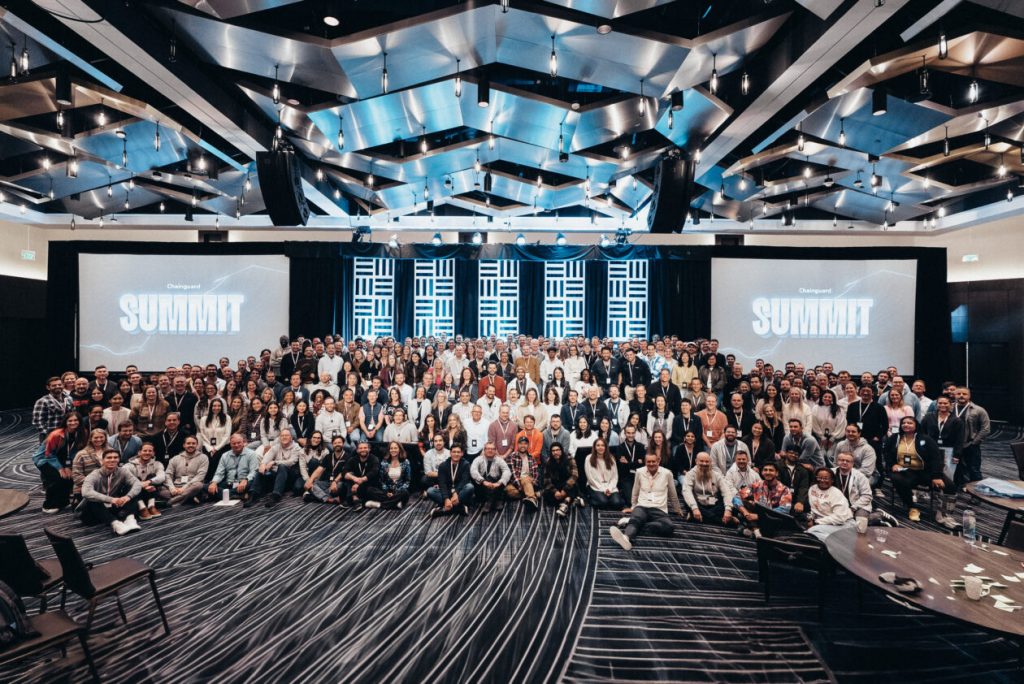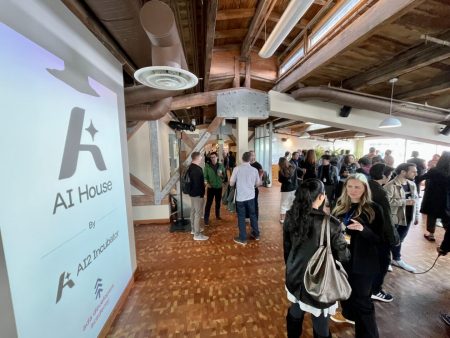Hybrid Work andmbODomy’s Road to Success: A Deep Dive into Chainguard’s story
The company, Chainguard, has emerged as a unique force in the cybersecurity industry, disrupting traditional entry points for startups. As a solo-managed cybersecurity startup, Chainguard has managed to achieve what few other companies can currently accomplish. The company, headquartered in Kirkland, Wash., has over 350 employees, yet its valuation is $3.5 billion, making it the most valued startup globally in the past decade. However, unlike many large firms, Chainguard doesn’t have a physical office.
This presents a unique challenge, as most companies tasked with scaling in a remote work environment face difficulty. Yet, in partnership with Flex Index, Chainguard has positioned itself as a leader among entirely remote companies, relying solely on office space to bolster its workforce.
The CEO, Dan Lorenc, has articulated that the core of what makes Chainguard stand out is its commitment to cultural continuity. The company has hired for a culture rooted in open-source programming, distinguishing itself from other startups that may lean more towards focus groups or specific niches. Lorenc, with a background in information technology, believes this approach can avoid the constraints of in-person interactions, even when remote.
Lorenc’s perspective contradicts the notion that scaling remote work is inherently difficult. In fact, Lorenc has openly mentioned that they don’t find remote work any harder than physical work, highlighting their determination to grow while balancing the demands of remote management. This discomfort from the staff facedps это, plugs a gap in conventional wisdom about remote work.
At the same time, FreshCam Pro, a fully remote AI help desk that won the GeekWire "Insightist of the Year" in 2019, shares a similar approach. They aggregate emergencies and provide instant service, as they did not hire in-house. This suggests a shift in how companies have evolved. In contrast, smaller startups, like Statsig, have historically adopted in-office policies due to the specialized nature of their roles, appealing to both the skills and morale of their local team.
In conclusion, as Tech Incubator and a force to be reckoned with, Chainguard has sold out its officespace for the cultural and venture-centric benefit it provides. While traditional models with offices are a rare gem, their ability to embrace remote work and maintain a visionary utopia highlights a growing trend towards hybrid and flexible work systems. The experience of a remote VC firm alone, like chainguard, demonstrates how a unique approach can steer companies through the challenges of adaptability.















